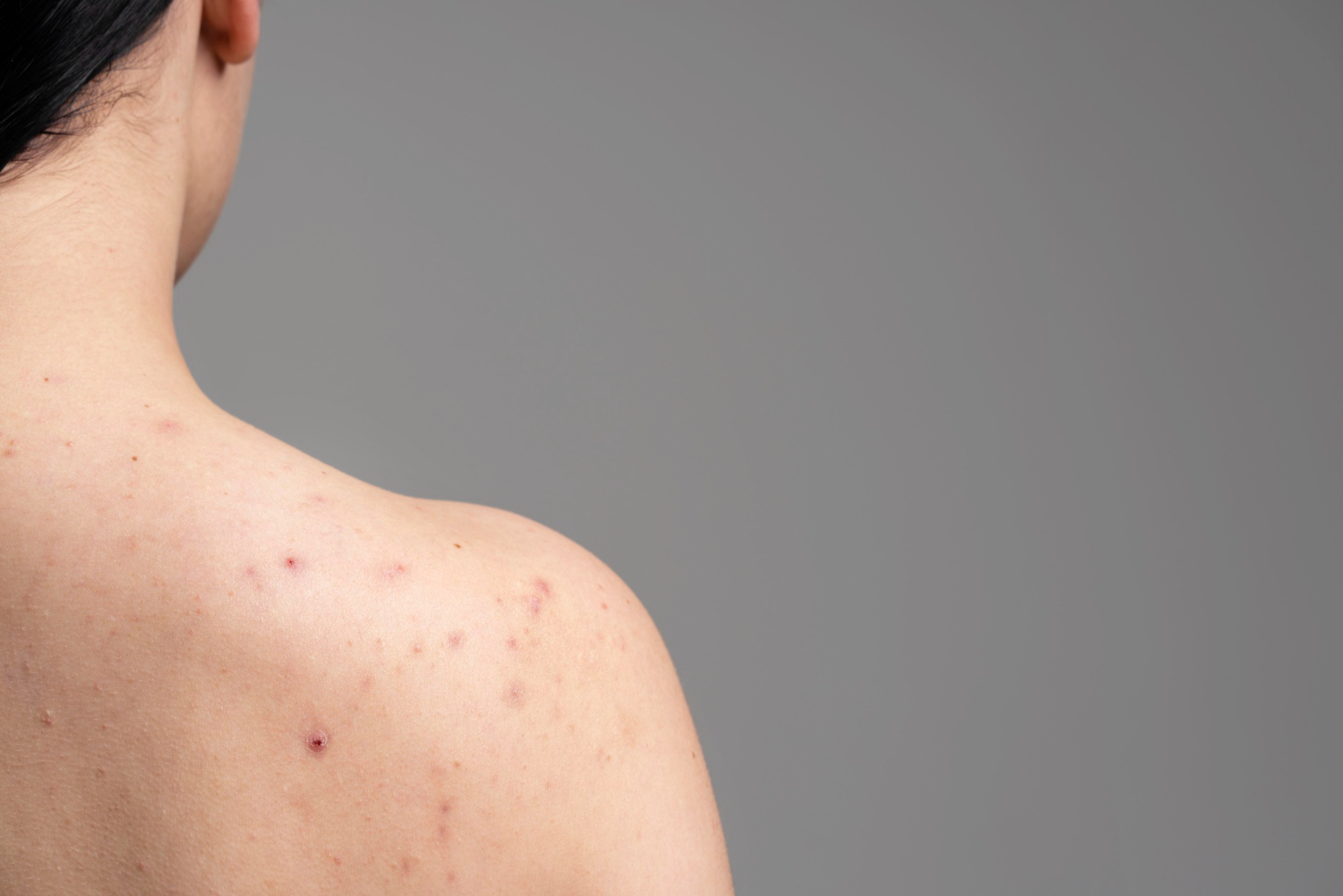
Herpes is a sexually transmitted infection (STI) caused by the herpes simplex virus (HSV). HSV comes in two forms: HSV-1 and HSV-2, which are frequently responsible for genital herpes and oral herpes, respectively. Herpes outbreaks can be uncomfortable and painful, but they can also be managed with antiviral medication and proper self-care.
If you have herpes, you may be wondering when it is safe to have sex after an outbreak. The type of herpes you have, the intensity of your outbreak, and the kind of sexual activity you want to have are a few of the variables that will determine the answer.
First, it’s important to understand the herpes outbreak cycle. When you first contract herpes, you may not experience any symptoms, or you may have a mild outbreak with symptoms like itching, burning, or small blisters. Over time, you may experience fewer outbreaks, and they may become less severe.
During an outbreak, the herpes virus is active and can be transmitted to a sexual partner through skin-to-skin contact, including sexual contact. The virus may still be in your body after an epidemic, but it is less active and less likely to spread.
So, when is it safe to have sex after a herpes outbreak?
Here are some general guidelines to follow:
- Wait until all symptoms have cleared up. This includes any sores, blisters, or itching. It’s important to give your body time to heal before engaging in sexual activity.
- Wait at least 3-4 days after symptoms have cleared up. This gives your body time to build up a protective layer of skin over the affected area, which can help prevent transmission of the virus.
- Use protection. Condoms can help reduce the risk of transmitting herpes during sex, but they are not 100% effective. It’s also important to avoid sexual contact during outbreaks or if you or your partner have any symptoms.
- Communicate with your partner. It’s crucial to discuss your herpes with your sexual partner(s) if you have it. This can lessen the chance of transmission and encourage safer sex behaviors.
- Take antiviral medication. Your doctor could suggest antiviral medicine if you have frequent or severe outbreaks in order to help you manage your symptoms and lower the risk of transmission.
Final Thoughts
If you have herpes, it’s critical to practice appropriate self-care. This includes getting enough rest, managing stress, and avoiding triggers that may cause outbreaks. It’s crucial to discuss your concerns with your healthcare professional if you have any worries about your herpes symptoms or sexual health. They can provide guidance on managing your condition and reducing the risk of transmission to your sexual partner(s).





